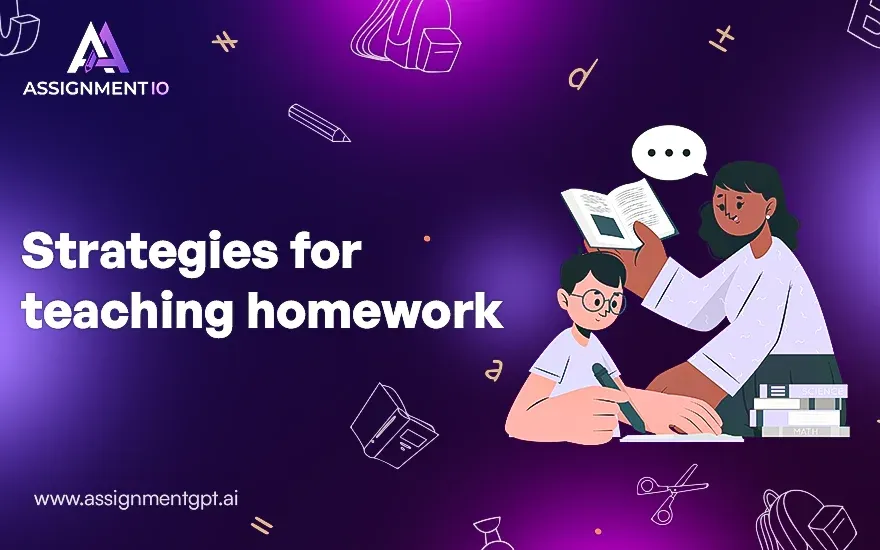Strategies For Teaching Homework To Students With Learning Disabilities

Kevin Gohil
Helping the child with learning disabilities in completing homework can be difficult; however, with appropriate strategies, the teacher and parent will teach him how to learn and excel in school. This paper addresses many approaches to the student, concentrating on the assignment's clarity, organizational skills, managing time, and leading to independence. Thus, when equipped with the proper tools and methods, students with learning disabilities could confidently approach homework, which would lead to enhancing academic success coupled with a positive self-esteem factor.
Quick Summary
This blog gives necessary strategies for teaching students with learning disabilities to be better managers of their homework. Key approaches include clear task assignments, suitable accommodation, skill-building in study techniques, and developing organizational tools like homework calendars. Effective communication between school and home and fostering independent learning is also emphasized. Organizational skills such as enhancing the time management mechanism have also been incorporated into this blog.
Strategies for Teaching Homework to the Student with Learning Disability
The following are some proven and tested strategies for teaching homework to students with a learning disability. These strategies would then facilitate overcoming specific types of learning difficulties that he is bound to experience, hence making homework accessible and not unmanageable.
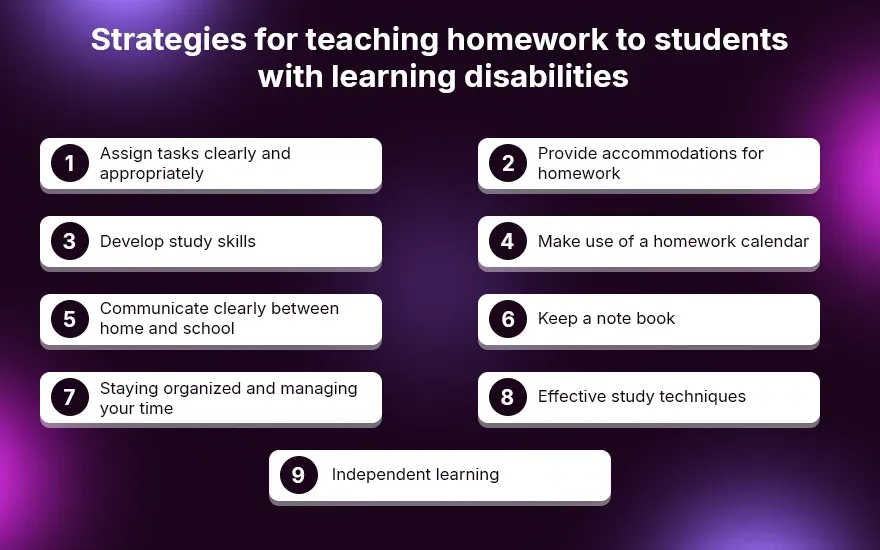
1. Assign Tasks Clearly and Simply
Children with learning disabilities need clearness and simplicity. Homework should be given in such a way that it supports learning but does not overwhelm a student with unnecessary frustration. Teachers should:
Divide the assignments into clear, easy-to-follow steps and avoid multi-step directions that may cause confusion.
Use plain, direct language when explaining assignments.
Ensure that the assignment is of appropriate length and complexity for the student's ability, which in turn reduces the chances of them feeling overwhelmed by it.
Provide a visual or example of what you are asking the students to do, in addition to the instruction.
This gives the students a clear view of what is expected of them; otherwise, they find it much easier to begin the assignments without further assistance.
2. Provide Homework Accommodations
Accommodations can be a real game-changer for students with disabilities-they just ensure that students with disabilities can do the same work their peers are doing in an equitable and fair environment. Some of the most common accommodations include:
Extended deadlines to allow extra time to process information.
Alternative formats, such as oral reports or creative projects, instead of written assignments.
Special rights enable students to use assistive technology, including text-to-speech software that can help them understand what they are doing and to complete tasks.
These changes may allow them to focus on the content of their homework instead of the format they have to use.
3. Develop Study Skills
Students with learning disabilities should be adequately equipped with study skills. Teachers and parents can help support the students to develop a tool kit of appropriate study strategies that work best for them. Some of the study skills involve:
Highlighting important information in a note or a textbook to highlight the key points.
Breaking down study sessions into short, focused intervals aids their attention span and memorization.
Use of mnemonic devices or visual aids to help memorize complex information.
Therefore, with these skills, students are much better equipped to handle their homework assignments and retain their knowledge.
4. Use a Homework Calendar
A homework calendar can significantly help your students to be better organized and get their work under control. A visual reminder in the form of a calendar will also show them when assignments are due so they can plan their work. Some more tricks using a homework calendar include:
Get the kids to color-code subjects for easier organization.
Break large assignments into tasks for each day to avoid last-minute stress.
For example, reminders or alarms might be useful for students in tracking their assigned tasks.
Calendar management is developed as a habit to help manage time and thus be on top of things.
Also read this article : 13 most effective strategies to motivate students
5. Clearly Communicate Between Home and School
The only way to support the learning-disabled student is through communication among teachers, parents, and students. The teachers should keep the parents posted on the assignments and projects that are supposed to be submitted at regular intervals. The parents ought to convey whatever concerns or observations they see at home to the teachers. Strategies to enhance this interaction include:
Regular updates of the progress by the teacher for parents.
Communication logs or digital platforms to share details about assignments and homework.
Encourage the parent to give feedback regarding what will help their child.
Effective communication ensures that a consistent approach to support comes both from the school and home.
6. Maintain a Homework Notebook
A homework notebook lets the student know what has been assigned to them. An organized notebook will enable a student to:
Record assignments right after they have been given, thus reducing the chances of forgetting.
Record important instructions and due dates.
Provide for easy review of assignments between teachers, parents, and the student about what has to be done.
A homework notebook allows the child to be responsible and feel a sense of ownership in their homework.
7. Time Management
Time management is usually a major challenge for students with learning disabilities. To assist them in staying organized and on schedule:
Teach the students to divide assignments into smaller pieces with their individual deadlines.
Encourage them to keep checklists of what they have accomplished.
Help them develop a routine by scheduling homework time at the same time every day.
These learning habits over time would help build a structure; hence, a student would not feel strained at the same time in handling assignments.
8. Effective Study Techniques
There are a variety of study techniques made for different learning needs and styles. Some of the most effective techniques for students with learning disabilities include the following:
Active recall and spaced repetition to better memorize information.
Graphic organizers, including mind maps, to help visualize concepts and relationships.
Multisensory techniques, such as using tactile or visual elements, which address the difference in sensory preferences.
With the use of study techniques that are according to their learning styles, the students can make themselves stronger and better in acquiring complex topics.
9. Independent Learning
Teaching a child with a disability is meant to ensure that the student becomes independent. The teacher and parents can make a child independent by doing the following:
Establishing a quiet, distraction-free study area in the home.
Supplying resources and teaching students how to access them rather than giving the answers.
Gradually phasing out support as the students gain confidence and begin to own their learning.
The feeling of empowerment while completing these assignments encourages a sense of achievement and further motivates their success.
Conclusion
Teaching homework to learning-disabled students requires an empathetic and organized approach to enable them with what they need to succeed. Clear task assignments, suitable accommodations, organization, time management strategies, and independent learning can help children face homework with confidence. These strategies may help kids overcome their specific challenges and set them on a pathway to academic success. Assignmentgpt.io can assist teachers by providing tailored resources and personalized support, enabling them to create effective, customized learning plans that address the unique needs of each student.
FAQs
1. What are some good homework approaches for a child with a learning disability?
Clear assignment instructions, accommodation, organizational aids, and study skills can help a student properly cope with homework.
2. How can I support my child to get organized?
Provide a homework calendar, divide homework into "chunks," and keep a notebook of assignments to foster routine and order.
3. Why does the child need accommodations?
Accommodations make homework accommodate the needs of a child so that she focuses on understanding rather than on the form.
4. How could the parents and teacher communicate better?
Communications happen between the teacher and parent through regular updates but through tools such as electronic logs tracking assignments and progress.
5. How is AssignmentGPT IO helpful?
AssignmentGPT IO provides tools and easy resources to make homework easier for children with learning disabilities.
Latest Blog's
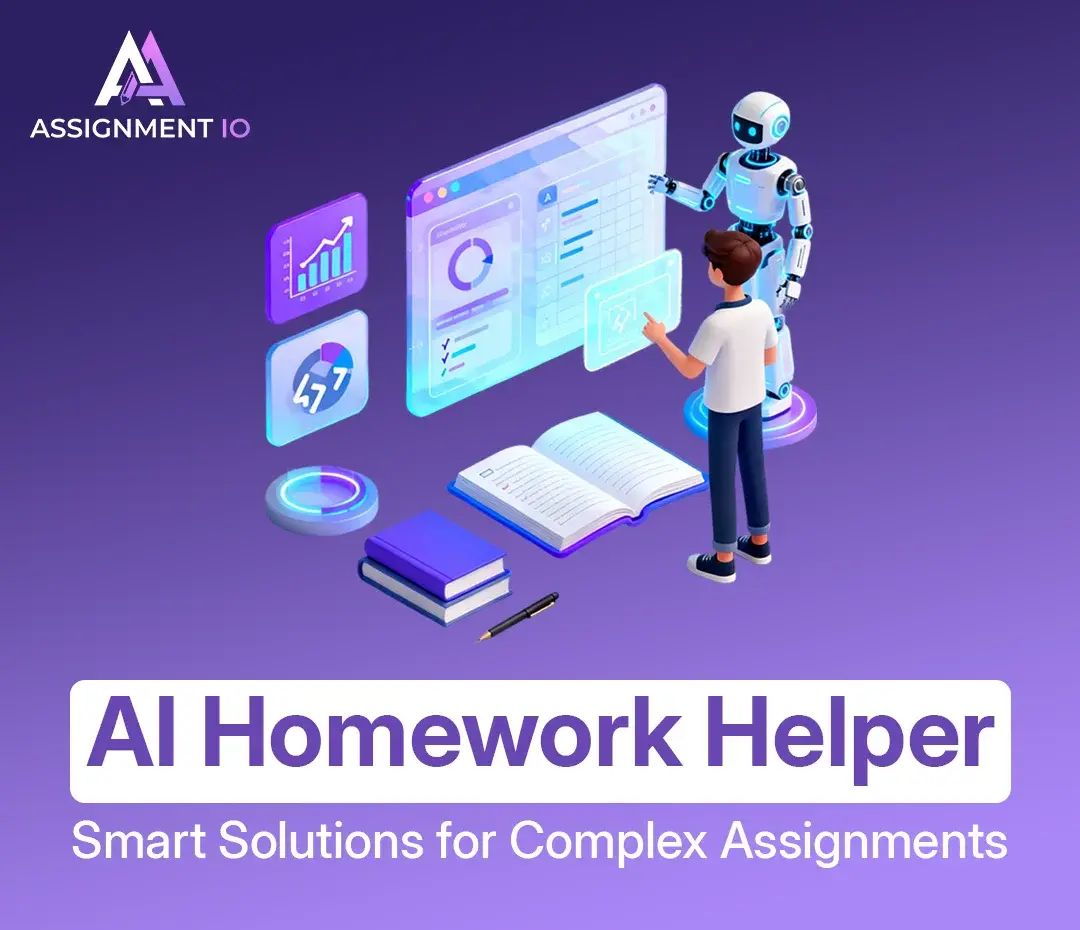
AI Homework Helpers offer fast solutions, personalized learning, and round-the-clock study support for students in every subject.

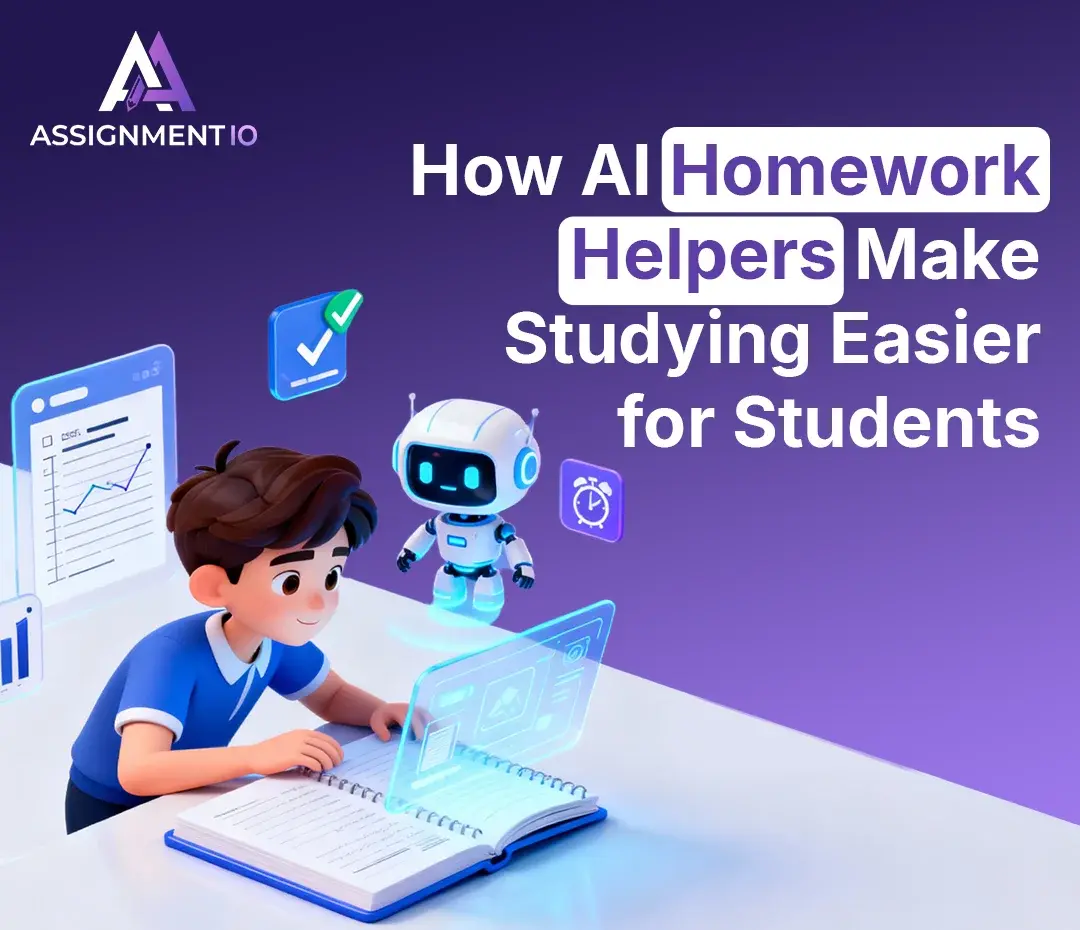
Master exams with superior scores and less study time. Step-by-step tips using ChatGPT, Khanmigo, and Quizlet.

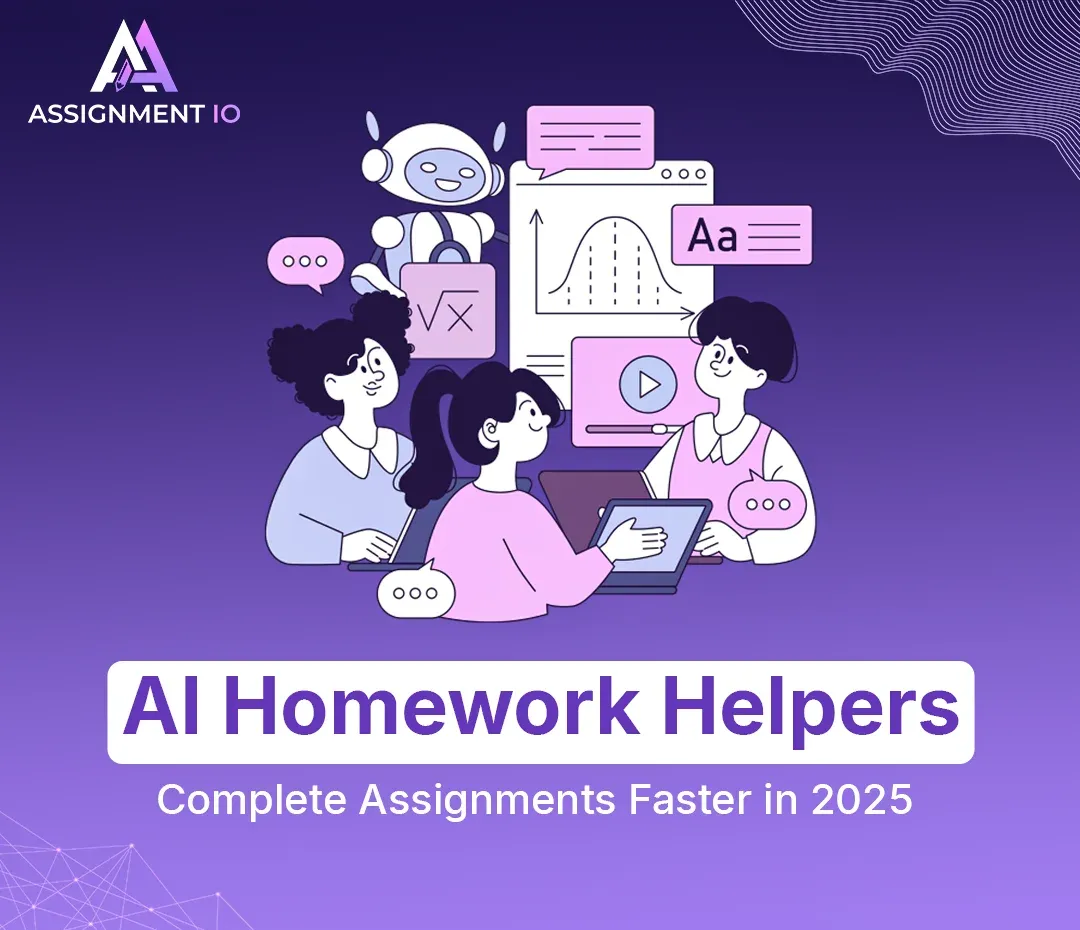
AI homework helpers streamline research, writing, and studying so students learn faster and complete assignments with less stress.

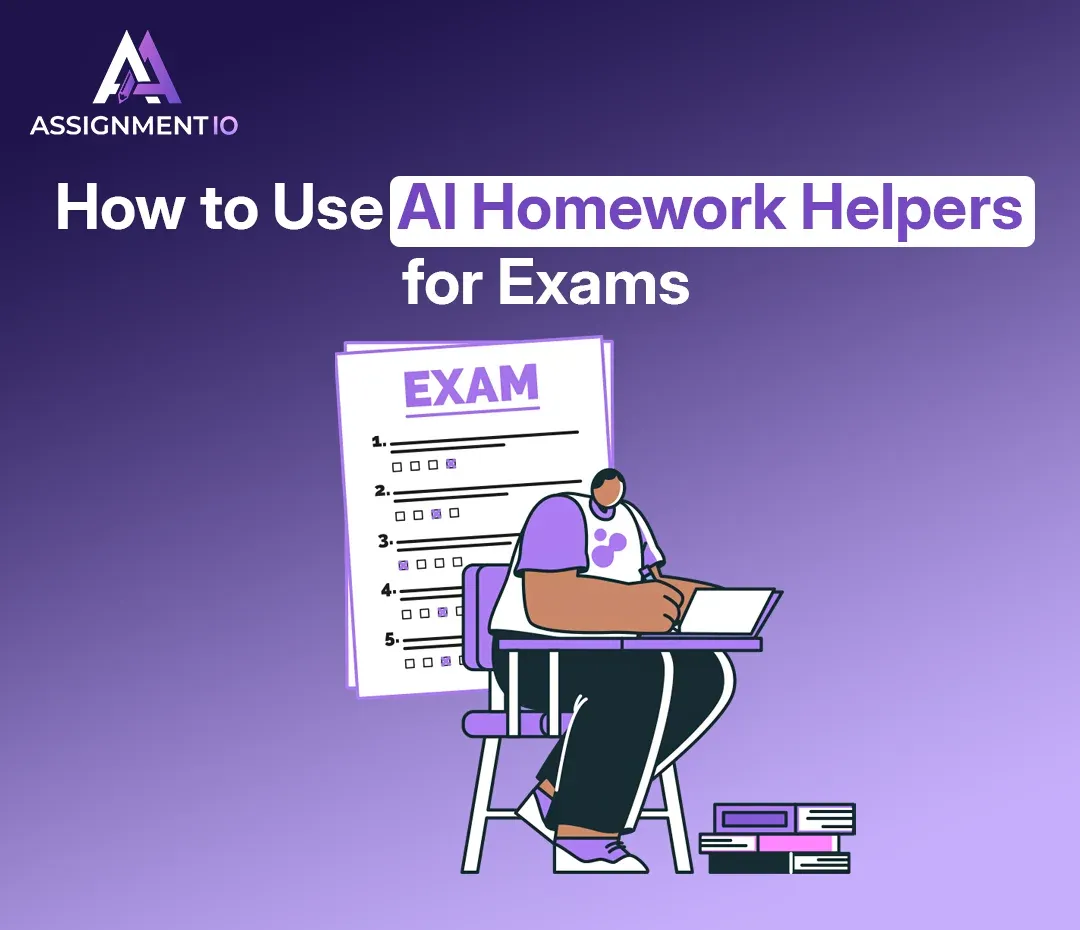
Master exams with superior scores and less study time. Step-by-step tips using ChatGPT, Khanmigo, Quizlet.


How deep learning makes AI homework helpers smarter, faster, and more personalized for students.

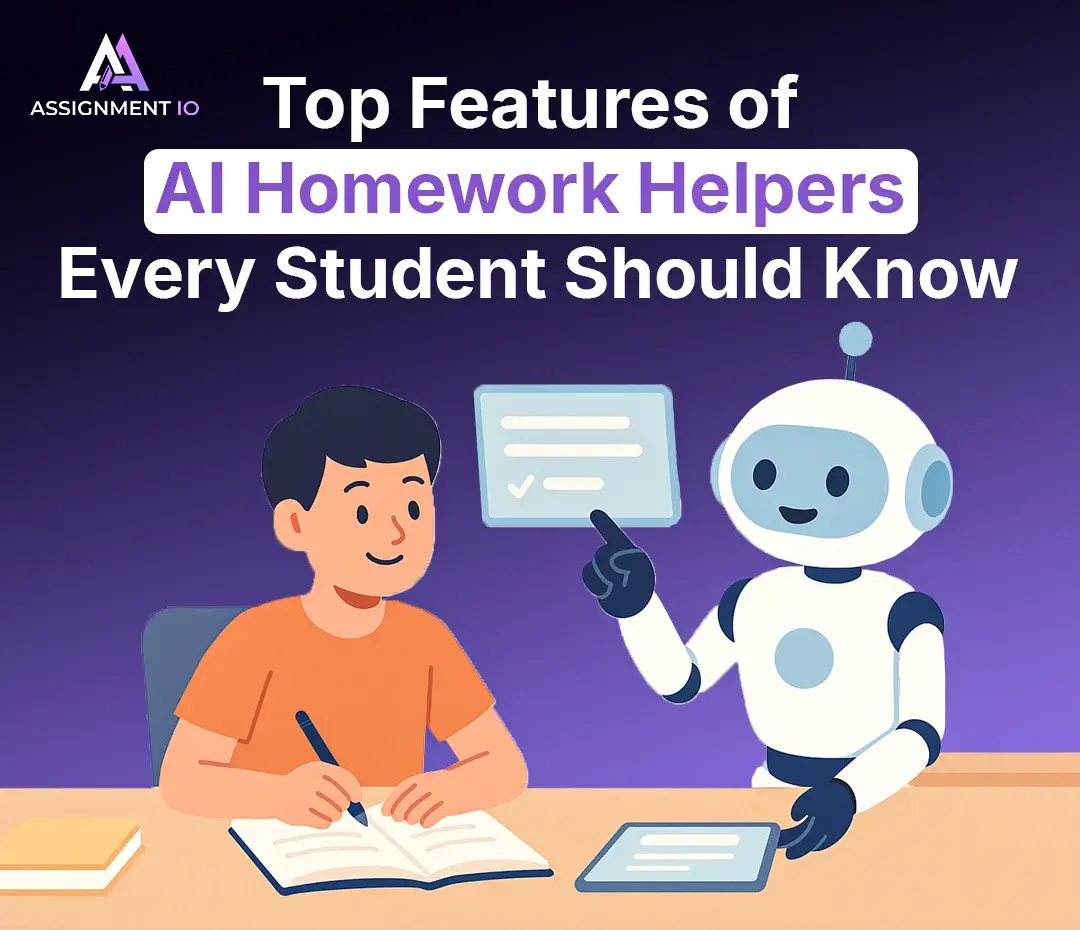
How AI homework helpers save time, boost learning, and provide personalized study support.

